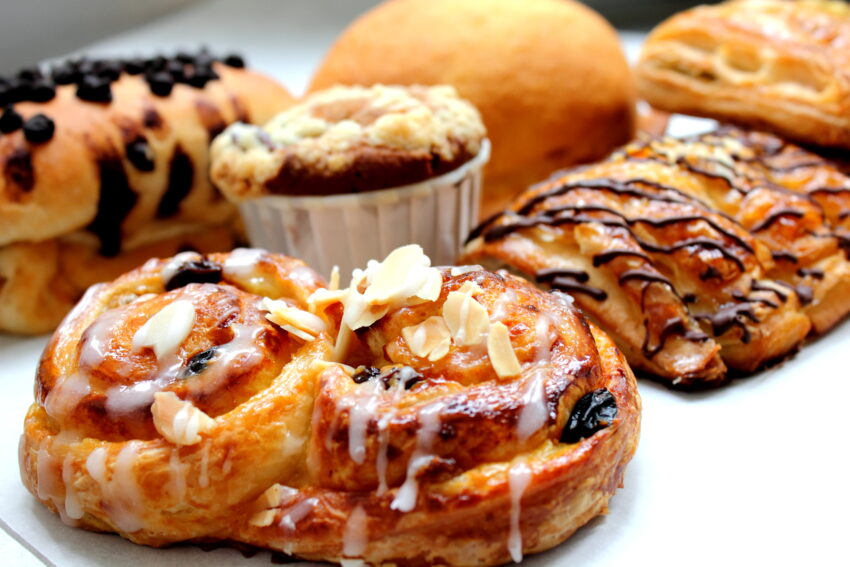Despite a bad summer, high interest rates and looming tax rises, Britons are spending more on small luxuries such as baked goods and cosmetics, a trend Barclaycard has dubbed the ‘sweet treat economy’.
According to Barclaycard, consumer card spending rose 1% in August after two months of decline, with almost half of those surveyed (47%) continuing to indulge in small luxuries even as they tried to cut back on other spending.
Karen Johnson, head of retail at Barclays, noticed a trend in consumers turning to retail therapy for a boost to improve their mood. Pastries have become the most popular affordable treat, driven by social media trends such as the viral ‘Dubai chocolate bar’ and the ‘crookie’, a hybrid croissant and biscuit, both of which have seen strong sales growth.
This increase in feel-good spending is consistent with what’s known as the “lipstick effect,” a theory that suggests people prefer affordable luxuries during tough times. The theory, coined by Leonard Lauder, the former chairman of Estée Lauder, highlights how lipstick sales increased in the wake of the September 11 attacks, despite the overall decline in beauty product sales. Data from Barclaycard shows that spending at healthcare and beauty retailers rose 7.3% in August, marking the biggest increase since January 2023.
The trend towards spending on small luxuries stems from pessimistic economic forecasts from Downing Street. Chancellor Rachel Reeves recently highlighted a £22 billion ‘black hole’ in the country’s finances, and Prime Minister Sir Keir Starmer described the country as ‘broke and broken’. With warnings of a “painful” upcoming budget, consumers are seeking solace in small treats.
Yet, despite the gloomy outlook, consumer confidence has seen a surprising increase. Barclaycard’s research found that confidence increased by five percentage points in August, with 70% of respondents feeling more secure about their household finances and 73% feeling more confident in their ability to live within their means compared to the previous month. This rise in optimism may be linked to the Bank of England’s first rate cut in four years, with economists predicting further cuts.
Ms Johnson expressed optimism about future spending: “It is encouraging to see that Britons are noticeably more confident in their personal finances – a strong indicator of future spending as we approach the crucial festive period.”
Retail spending showed growth for the first time since March, up slightly by 0.1%. Garden centers benefited from the sunny weather and enjoyed an 8% increase in spending, while grocery spending rose 1.9%, the biggest increase since March. However, clothing stores saw a decline of 1.7%, probably due to bad weather, including storm Lilian.
Barclaycard also highlighted a growing awareness among consumers of ‘double dip’ contraction inflation, where products have been reduced in size several times without a corresponding price drop – or even price increases. Products such as chocolate, chips, cookies, snack bars and candies were often reported to have shrunk more than once, a tactic used by companies to maintain profits amid rising production and labor costs.

